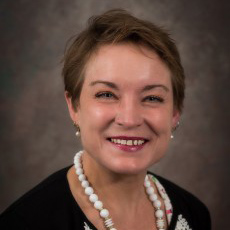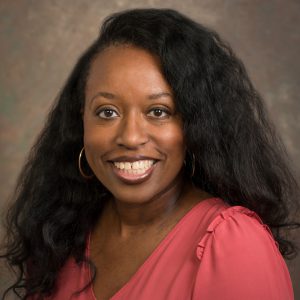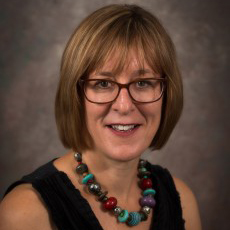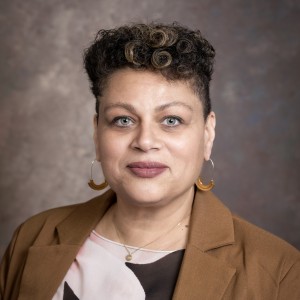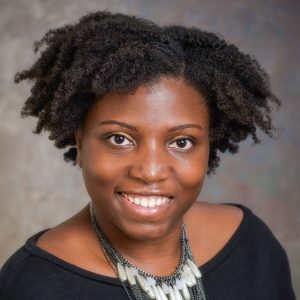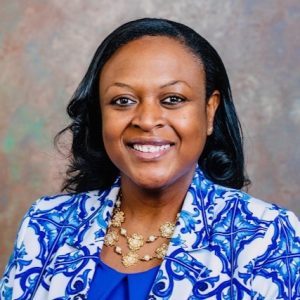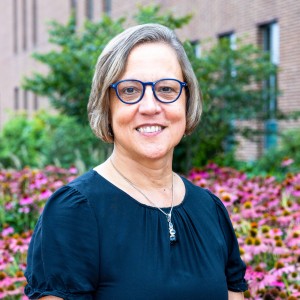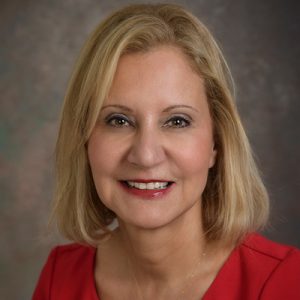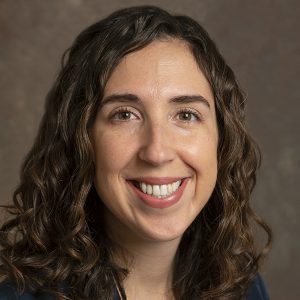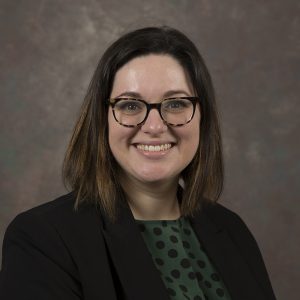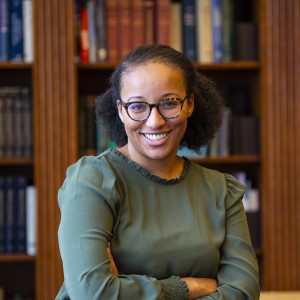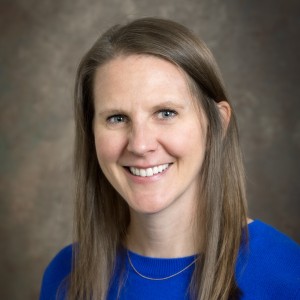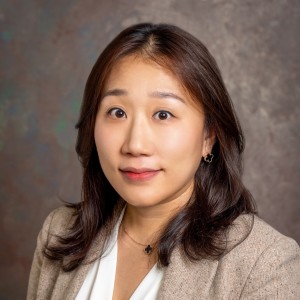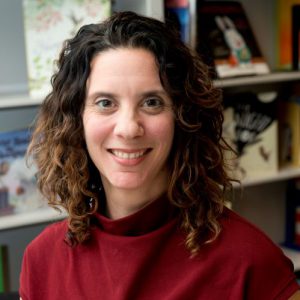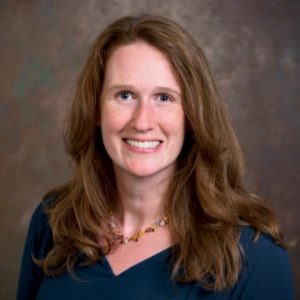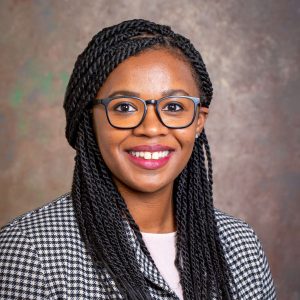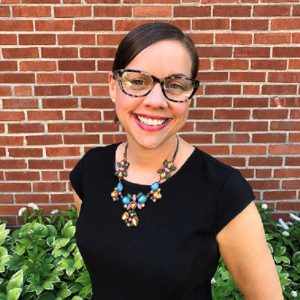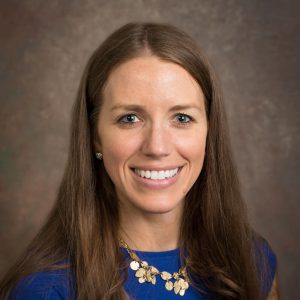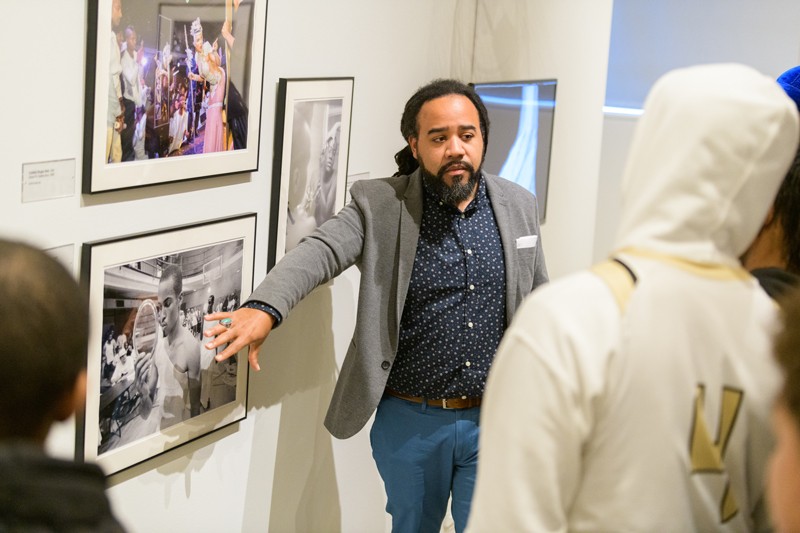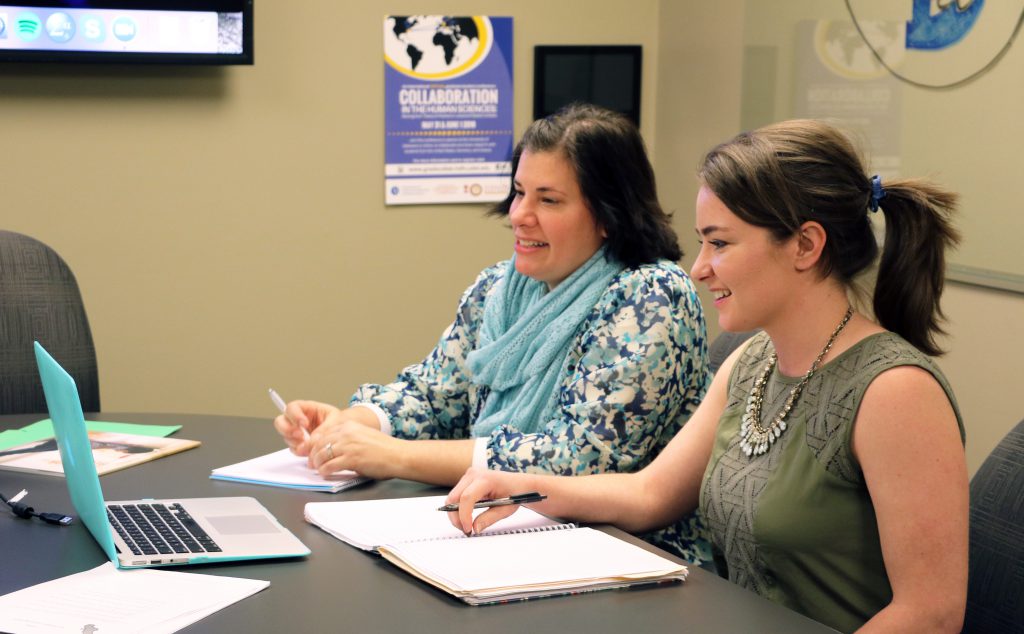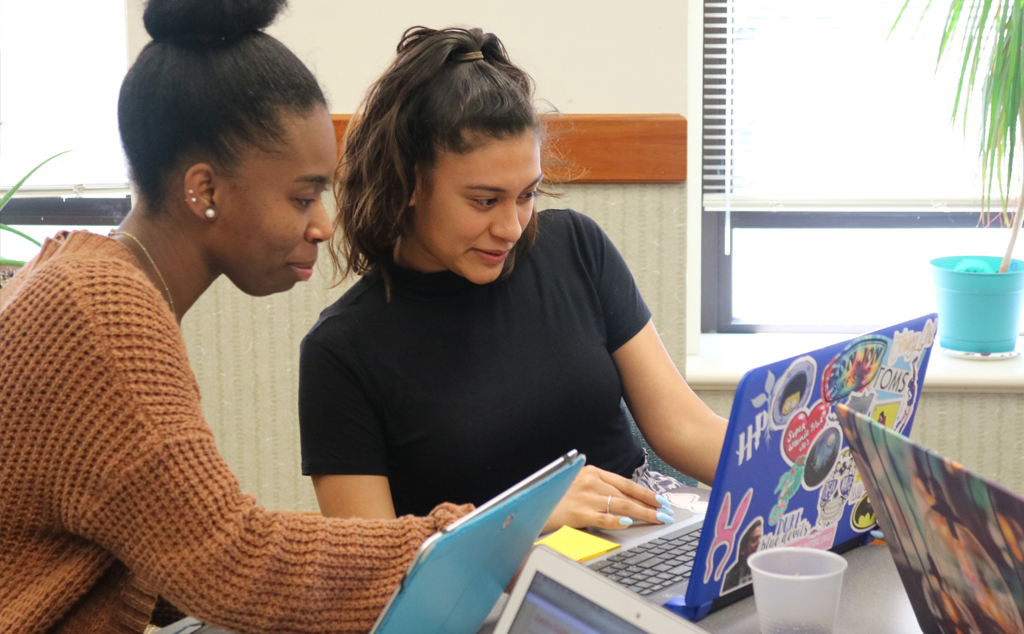Research
Diversity and Equity
The faculty of the University of Delaware College of Education and Human Development are committed to the creation of a more equitable society, one in which every individual, regardless of race, ethnicity, gender or sexual orientation has an equal opportunity to thrive and prosper. This not only means equal access to vital social services like education and healthcare but also additional support and opportunities that address persistent disadvantages among groups or individuals.
Research carried out by our faculty has helped scientists, policymakers and the general public better understand the root causes of systemic problems in our society and develop solutions that will broadly improve quality of life. Supported by grants and collaborative partnerships, our faculty conduct research on challenges such as access to mental health services, educational disparities, housing instability, poverty and incarceration, with the goal of informing solutions that strengthen individuals and communities.
Researchers by Topic
Nationally, studies have demonstrated that disciplinary approaches, such as suspension and expulsion, are overly applied to boys, children of color, and children with disabilities with devastating consequences. How can we prevent early childhood programs from using these approaches for children from birth to age 5? Martha Buell’s research in education and social policy centers on the quality of early care and education for infants and toddlers. Her most recent project, funded by the US Department of Health and Human Services, analyzes the alignment and cohesion between the federal Child Care and Development Fund policy guidance in relation to disciplinary approaches and state-level policy actors.
How can build meaningful connections between educational theory and practice? As a clinical professor in Human Development and Family Sciences, Rosalyn Washington’s areas of interest include teacher preparation, educational policy relating to early childhood education academic redshirting and mentoring and other-mothering of graduate students. She teaches courses related to literacy, inclusion, professionalism and engaging diverse families.
What steps can teacher education programs take now to train the next generation of teachers to be culturally responsive? Since 2015, Lynn Worden and co-researchers Rosalie Rolon-Dow and Jill Flynn have been developing a curriculum for teacher candidates at the University of Delaware with the goal of developing racial literacy. Their recent research offers guidance on helping students to understand that race is a social construct and reflect on ways that the opportunity gap created by racist structures impacts education, special education, discipline in schools and resources for schools.
How can we build more inclusive communities? Ann Aviles’ research focuses on examining the policies, services and programs that impact the educational opportunities, material realities and mental health of youth of color who are experiencing homelessness or other forms of instability. Aviles also collaborates with community-based organizations to advocate for educational access, equitable funding and anti-racist systems and practices with, and for, students and families of color experiencing homelessness, poverty, incarceration, and mental health challenges.
How can schools address the mental health gap that exists between white and non-white students? According to Tia Barnes, the mental well-being of students of color is often overlooked by researchers developing social and emotional learning interventions. Few have incorporated culturally responsive strategies that acknowledge the role racism can play in student mental well-being. Barnes is the principal investigator for a Delaware Department of Health and Social Services grant-funded project that will examine the physical and mental health, social media use, and discrimination experiences of black girls ages 10-19 in the state of Delaware, and develop culturally responsive strategies that teachers can employ in the classroom.
What does it mean to “matter” as a Black boy in the United States? How do both Black and Latino adolescent boys conceptualize their postsecondary futures? Roderick Carey’s research examines the school experiences of Black and Latino boys (18 and under) and how they conceptualize their post-secondary school futures and enact college-going processes. Inspired by Black Lives Matter, and funded by UD’s Partnership for Public Education and the Spencer Foundation, Carey’s new research project, “The Black Boy Mattering Project,” will challenge educators to reflect on their interactions with Black boys in particular and (re)imagine learning contexts that compel these boys to matter abundantly.
In what ways do at-risk families and their communities impact adolescent and young adult developmental outcomes? Mellissa Gordon’s research explores the complex ways that interactions between these systems (families, communities, and youth) inform youth and young adult outcomes. Her work is situated at the intersection of several theoretical frameworks, including Ecological Theory and Critical Race Theory. She aims to identify protective factors that can mitigate the adverse circumstances that emerge in the lives of ethnoracial minority youth, and to promote meaningful, sustainable, life-long success.
How do we bridge LGBTQ+ developmental research and community impact through developmentally-informed, affirmative interventions? Eric Layland’s research areas include LGBTQ+ within-group differences in mental health and unhealthy substance use, the impact of stigma on LGBTQ+ development, strengths-based approaches to LGBTQ+ health and LGBTQ+ affirmative interventions. Through community partnerships and funding support from the National Institutes of Health, Dr. Layland has led and collaborated on several intervention evaluations.
How do past and present race, ethnicity, gender and social class dynamics shape the educational opportunities and experiences of urban families? Drawing on sociocultural frameworks including critical race theory, cultural production theory, and diaspora studies, Rolon-Dow’s research aims to address issues of educational inequity and seeks to promote socially just educational practices and policies that draw on the strengths and cultural resources of families and communities.
What is the relationship between globalization and family change? According to Bahira Trask, even as women are increasingly working outside the home, and likely traveling long commutes to labor-intensive jobs, domestic roles remain largely unchanged—women have continued to handle most domestic chores, raising the question about improvements in their quality of life. However, financial independence has also ushered in a new era for women globally, where women in unhealthy relationships are more likely to leave. Trask is a frequent member of United Nations expert group meetings, and in 2018 delivered the keynote address for the United Nations International Day of Families.
How can schools address the mental health gap that exists between white and non-white students? According to Tia Barnes, the mental well-being of students of color is often overlooked by researchers developing social and emotional learning interventions. Few have incorporated culturally responsive strategies that acknowledge the role racism can play in student mental well-being. Barnes is the principal investigator for a Delaware Department of Health and Social Services grant-funded project that will examine the physical and mental health, social media use, and discrimination experiences of black girls ages 10-19 in the state of Delaware.
How can we improve health inequities? Valerie Earnshaw’s research focuses on understanding and addressing the relationship between health inequities and stigma. She seeks to improve health outcomes through interventions to improve the wellbeing of vulnerable and at-risk children, youth, families and those living with chronic illnesses. With the support of a National Institute of Mental Health grant, Earnshaw is currently developing an intervention to reduce clinician stigma and improve HIV outcomes.
What’s driving disparities in health outcomes between white and non-white patients? Heather Farmer’s research focuses on the intersections of race, gender, and socioeconomic status (SES) in producing health disparities in older adults. She has conducted longitudinal analyses of racial disparities in chronic disease physiology and outcomes using nationally-representative panel survey data on middle-aged and older adults in the Health and Retirement Study. Dr. Farmer is involved in several projects that are funded through the NIH, including as co-investigator on a REACH Equity Award that aims to examine racial disparities in 30-day readmission rates in older adults with cardiovascular disease.
How does education policy affect and shape the access and success of minoritized students in higher education? Dominique Baker investigates student financial aid, admissions policies and policies that influence the creation of an inclusive and equitable campus climate. Current projects include research on the media’s role in constructing the public and policy actors’ understanding of race, racism and student loans (funded by the Russell Sage Foundation and the NAEd/Spencer Foundation) and test-optional admissions policies (funded by the Gates Foundation).
What does it mean to “matter” as a Black boy in the United States? How do both Black and Latino adolescent boys conceptualize their postsecondary futures? Roderick Carey’s research examines the school experiences of Black and Latino boys (18 and under) and how they conceptualize their post-secondary school futures and enact college-going processes. Inspired by Black Lives Matter, and funded by UD’s Partnership for Public Education and the Spencer Foundation, Carey’s new research project, “The Black Boy Mattering Project,” will challenge educators to reflect on their interactions with Black boys in particular and (re)imagine learning contexts that compel these boys to matter abundantly.
Joy Esboldt’s interdisciplinary research leverages critical theories of race and learning to examine how teachers, leaders and organizations learn about race, power and equity within local and sociopolitical contexts. She is particularly interested in interactional and organizational processes of teacher learning that lead to social transformation and/or social reproduction. Esboldt employs a range of qualitative methods, predominantly grounded in partnerships with educators and educational leaders with shared commitments to cultivating more democratic and liberatory learning environments.
How can we help students develop civic identities and competence within a multicultural democracy? Soo Bin Jang’s research interests include developing transnational civic identity and competence, promoting democracy through curriculum reforms within Asian contexts and implementing anti-racist pedagogy in teacher education. She serves as the principal investigator on a project examining the role of Korean migrant community leaders in transcending cultural boundaries and exercising transnational citizenship, funded by the Academy of Korean Studies.
How can we understand and improve the quality of instruction in mathematics in K-12 educational settings? Erica Litke’s research focuses on understanding and improving instructional quality in mathematics across three strands: describing and analyzing instructional practices using observation instruments, connecting instructional quality to broader issues in education by understanding the policy climate in which mathematics teaching occurs, and developing teacher knowledge. In a recent study, Litke used an observation instrument she developed to examine instructional practice in algebra lessons and support professional development opportunities for teachers tied to these instructional practices.
How do teachers’ emotions and emotion-related experiences, including well-being, impact their effectiveness? Leigh McLean investigates how teachers’ emotions impact their instructional practices and the role that early-career teachers’ emotions play as they transition into the career. She is a principal investigator on two federally funded projects: one from the Institute of Education Sciences exploring how elementary teachers’ feelings and beliefs impact their effectiveness in the content areas they teach, and one from the National Science Foundation exploring how the mentored teaching experience impacts elementary mathematics teachers’ effectiveness during the early career stage.
Whitney Polk’s research investigates the educational and social inequities that influence youth development. Her research areas include the impact of school-based marginalization on adolescent academic and psychosocial adjustment, racial disparities in school discipline, school-based mental health, racial stress and trauma and racial literacy development. In collaboration with school and community partnerships, Dr. Polk also develops school-based interventions to support youth well-being and resilience.
How can we best prepare teachers who are willing to examine and address the effects of race and intersecting social constructs on schooling? Dr. Rolón-Dow’s research focuses on the intersections of sociocultural identities and educational equity and opportunity, and on the application of critical race frameworks to educational problems. She investigates pedagogies that promote racial literacy development in pre-service teachers. She also explores how pre-service teachers respond to curriculum that addresses race and racism in educational experiences. Dr. Rolón-Dow engages teaching and scholarship projects that aim to make racial literacy a foundational pillar of teacher education programs.
How can K-12 teachers connect their students’ personal, lived experiences to an often mandated, impersonal, and standards-based curriculum? This question is pressing for teachers who are working in under-resourced schools serving students who have been historically marginalized by traditionally oppressive curricula. Elizabeth Soslau’s research has shown that teachers highly valued the opportunity to humanize their classrooms and implement a pedagogical framework that focused on elevating students’ voices and incorporating students’ lived experiences as part of a meaningful and rigorous curriculum focused on developing students’ sense of agency.
How can we promote students’ and personnel’s mental and behavioral health through multi-tiered systems of support in schools? Brittany Zakszeski’s research leverages advances in implementation science to address barriers to schools’ adoption, high-fidelity implementation and sustained use of evidence-based assessment and intervention practices at the universal (system-wide), targeted and individual levels. In recognition of limited school resources and workforce shortages, she prioritizes refining accessible, efficient and scalable practices. She is particularly committed to promoting equitable outcomes for minoritized students, families and communities.
How does education policy affect and shape the access and success of minoritized students in higher education? Dominique Baker investigates student financial aid, admissions policies and policies that influence the creation of an inclusive and equitable campus climate. Current projects include research on the media’s role in constructing the public and policy actors’ understanding of race, racism and student loans (funded by the Russell Sage Foundation and the NAEd/Spencer Foundation) and test-optional admissions policies (funded by the Gates Foundation).
How has the emergence of disability studies transformed higher education? According to Laura Eisenman, students with disabilities have greater access to post-secondary learning opportunities, but disparities persist according to class, race and gender. Eisenman’s research focuses primarily on post-secondary education opportunities for students with intellectual disabilities. She was the principal investigator of a five-year grant to fund transition and postsecondary programs for students with developmental and intellectual disabilities. Her research also includes understanding the social and community experiences of young adults with intellectual and developmental disabilities, exploring the meaning of disability in educational contexts, and the integration of disability studies perspectives in interdisciplinary pre-service professional programs.
How do racially minoritized students experience the racial climate of predominantly white universities? Dr. Rolón-Dow uses narrative storytelling to capture students’ experiences of racial microaggression and microaffirmation on university campuses. These stories illustrate how racially minoritized university students navigate predominantly white universities. Her work illuminates problematic types of racial interactions on university campuses as well as interactions that can contribute to more racially affirming campus environments. Dr. Rolón- Dow’s work outlining a theory and typology of racial microaffirmations was published in Race, Ethnicity and Education. Dr. Rolón-Dow has also conducted research on the experiences of Latinx students in Puerto Rico and mainland U.S. universities. She focuses on the ways Latinx students experience diversity, equity and inclusion initiatives.
Research has demonstrated that students from underrepresented groups often foster deeper connections with teachers who share a cultural, racial, or ethnic background with them. But, how can we encourage more students from underrepresented backgrounds to pursue teaching as a career? Carol Wong’s research and service interests center on equity and the learning sciences. Her recent projects with University of Delaware colleagues aim to improve academic and social support for prospective teacher education students who are underrepresented, low-income, or first-generation college students. She has also worked to create a “pipeline” that encourages Delaware youth from historically underrepresented populations to enroll in teacher education programs at the University of Delaware.
Media
In the News
School leaders—like assistant principals, principals and superintendents—often determine how educational research is used in planning, decision-making and implementing initiatives that …
As a queer person who once struggled with their mental health, University of Delaware graduate student Lauren Dombrowski keenly understands …
During adolescence—a period defined by rapid physical, emotional and social development—LGBTQ+ youth often grapple with the decision to “come out” …
National Coming Out Day continues to be a reminder that LGBTQ+ individuals make a brave decision to disclose their identities …
Research Centers & Labs
The Autism in Context Research Lab, directed by Dr. Sarah Curtiss, conducts research that is useful to autistic youth, their families and educational professionals. Research topics have included family mealtimes, sex education and the transition to adulthood.
The Center for Disabilities Studies works to enhance the lives of individuals with disabilities and their families through education, advocacy, service and research. It promotes empowerment and opportunity, accessibility and inclusiveness, so all may fully participate in – and enrich – their communities.
New Directions Early Head Start (NDEHS) provides pregnant women, infants, toddlers and their families with quality care and family services. They support families and their very young children with the goal to promote children’s success and families’ self-sufficiency through community collaboration and partnerships.




